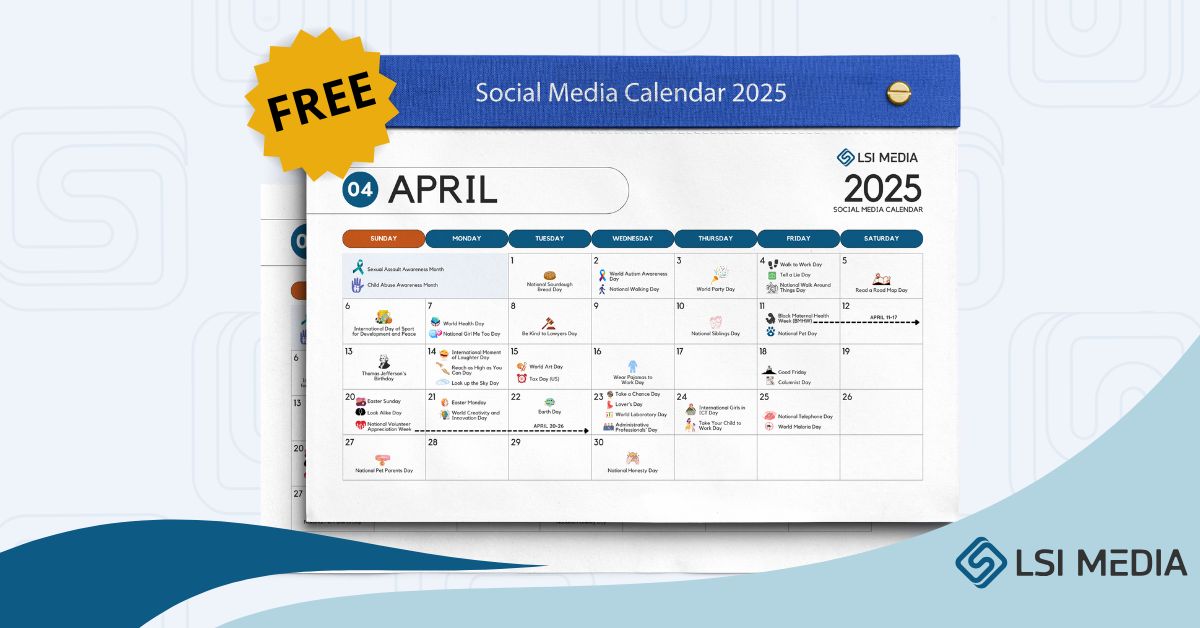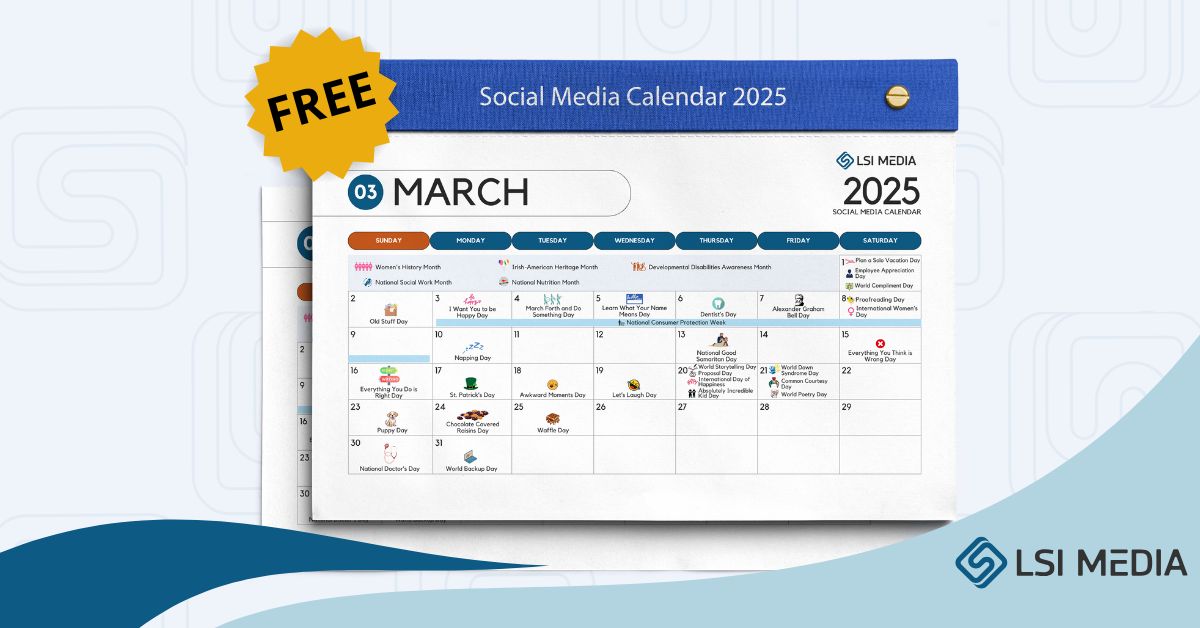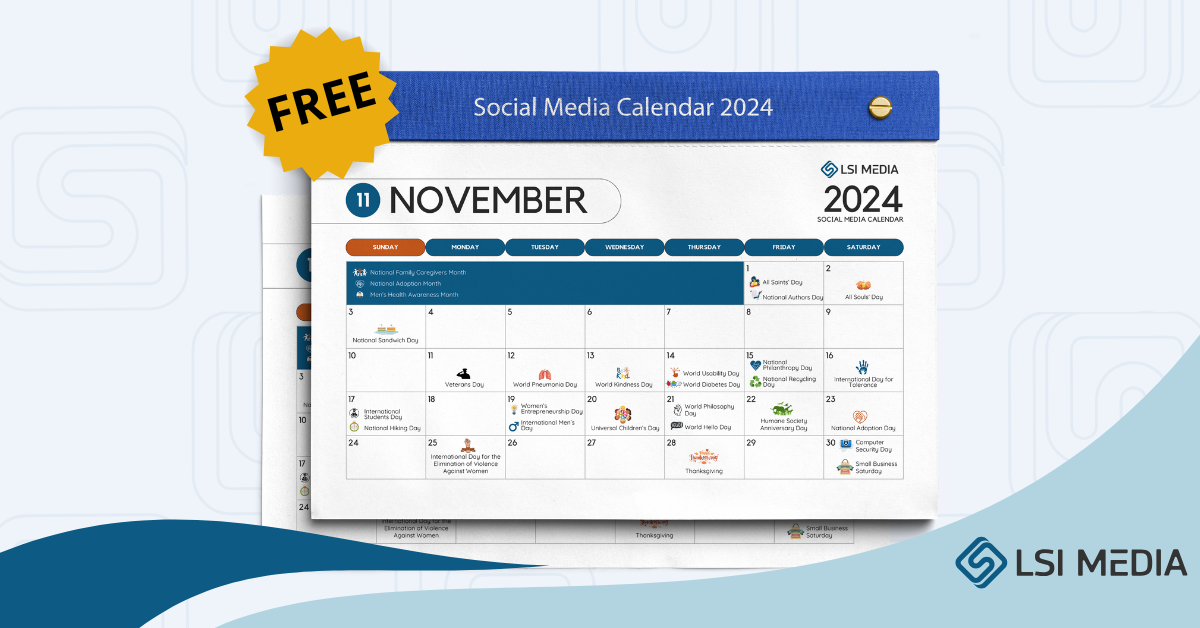The foundation to becoming a successful public speaker is coordination and confidence. Throughout the years, public speaking has been a key factor in bringing ideas and beliefs to others. But not all public speakers are doing well in this career path.
Being an expert in public speaking is the same as becoming a marketing expert, convincing others to get involved in what you have to offer. To achieve these goals, it is important to become familiar with the Psychology of Influence in Marketing.
In 2020, when the pandemic first manifested, everyone was taken aback. Since so many companies went under, finding work was difficult, if not impossible. Public speakers may be wiped out if the coronavirus pandemic persisted. Fortunately, there is always something positive to be found, even in the darkest of times.
Many people who depended on social media to carry out their daily tasks were rendered helpless during the outage. There has never been more talk on these platforms, and the worldwide reach of the digital debate has been essential in helping many individuals adjust to the new norm.
Online services like LSI Media helped create and implement strategies that connect companies with their customers & igniting the spark. Public speakers who knew the secret took advantage of the situation and used social media to do what they did best. This article will help you discover the best formula to become an expert in public speaking with the 5 Great Principles of Psychology of Influence in Social Media Marketing.
Whether you like to send a message or sell a product, it is important to persuade your target clients. Back in 1984, a book entitled Influence: The Psychology of Persuasion was written by Dr. Robert B. Cialdini. He introduced the significant aspects widely used in the business world for decades. To achieve this goal, let’s dive into Five (5) Aspects of the Psychology of Influence in Social Media Marketing;
Reciprocity (The Golden Rule)
We are familiar with the golden rule, “Do unto others as you would have them do unto you.” This first principle stated that human beings, in nature, tend to return favors and pay back debts. We are drawn to do these acts to feel at ease, and we do not like to owe a favor to others.
Profits as a public speaker are directly related to the amount and duration of the audience’s attention. If at all possible, you should give your target audience more value in addition to making a solid initial impression.
- Free Learning MaterialsGiving people a taste of your work prior to its official release will increase interest in it. Using this method can help you catch the eye of potential customers. They will believe you are willing to offer more if you supply digital copies of your writings, speeches, and presentations.
- Social Media InformationThe ability to contact you in settings other than formal presentations is greatly appreciated by those around you. To communicate with someone, you can create a social media account under their name. Doing so will plant the impression in their head that they are heard and their thoughts are important. They feel obligated to consider what you have to say seriously as a result.
- TimeGive the impression to your customers that you can spend as much time with them as they need to fully grasp your message. You might reassure them that you’re available for follow-up questions and clarifications even after the presentation has concluded. Allotting more time for a conversation enables you to connect with the other person. The impression you give by prioritizing them over your own time is a powerful one. The payoff is that customers will feel more comfortable spending time with you.
- DedicationPutting in the time and effort required to succeed is the single most important factor in achieving outstanding results. Consistently demonstrating your commitment to your work is an admirable quality. People are willing to work toward improving their outlook and interpersonal relationships if given the chance to do so.
Commitment and Consistency (Sticking to it)
This is the foundation of any lasting friendship or romantic partnership. A person’s word is their bond, thus it’s important for them to keep their promises when it comes to the things or people to which they’ve committed their loyalty. Because of this guiding concept, “When we make a choice or take a position on anything, we put ourselves under both internal and external pressure to stick to that choice or stance. As a result of these factors, we will respond in ways that support our initial decision.”
There are ways to apply this principle as presenters;
- Action speaks louder than voiceWe are not judged based on our opinions, but on our behavior. Once prompted to make even a minor decision, we accept full responsibility for it. Prospects can be enticed into making a tiny initial decision by presenters, which can then lead to more substantial offers. Since people typically stick to their decisions, the likelihood of pushback is low.
- Make it publicIt’s difficult to back out of a promise made in front of others. Show the world how dedicated your followers are to your cause. This will create social pressure among your audiences to maintain their loyalty because they don’t want people to view them as unreasonable and inconsistent.
- Give BonusIf the results of your action are favorable, it was definitely worth it. Those who have taken even the smallest steps toward involvement will be motivated to keep doing so if they are rewarded.
Social Proof (Trend)
The fact that we even have a word for it, “viral,” is proof of this. Whether you’d like to admit it or not, people have always looked for confidence in what the vast majority of other people are doing, long before the rise of social media. Online challenges are one type that can quickly spread and be attempted by a large number of people simultaneously. Because of our social nature, we naturally look to those around us for indications of how to feel and what to do.
Making use of this psychological component can give you an edge while giving presentations. A pitch is a way of presenting an idea in order to persuade the listener to adopt that idea as their own. Use case studies and real-world examples to back up your claims. Having a well-known person back up your claims will boost the credibility of those claims. If a well-known figure supports your cause, more people will likely come around to your point of view.
Liking (Thumbs-Up)
There is a big chance that a person can be persuaded by someone they like and know. Making an attempt to communicate with the public will lead to fruitful outcomes. When guests enter a room, it is customary to shake hands firmly and introduce oneself. Taking this action will improve your overall disposition. Because of the epidemic, you must stop your progress for the time being. Use the Internet as a medium of communication.
The time is now to work on boosting your resume’s credentials and experience. If you want to connect with the audience on a deeper level, share some of your own tales with them. Sharing a piece of yourself with others makes you more memorable in their eyes.
Below is the list that to the liking rule;
- Physical Appeal- Being able to look good is the initial factor to being likable. If you look good, people will look at you and eventually listen to what you say.
- Similarity- People tend to like someone like themselves, and seeing a portion of yourself in someone else makes it easy for you to like them.
- Compliments- People like compliments and are easily encouraged by people who compliment them.
- Familiarity- We like to be involved in things simply because they are familiar.
- Conditioning and Association-We appreciate things that are related to the things we like.
Authority (Power)
We’ve all had our heads beaten into submission by our elders, thus establishing oneself as an authoritative figure is essential for influencing others. Subtly elevating one’s status in the eyes of others is possible through the employment of titles, particular dress, and other signifiers.
If a man wore a police uniform and tried to teach us about the law, we might take him more seriously than we would ordinary citizens. The examples here illustrate how easily we are persuaded by arguments from authority.
A similar idea applies when giving speeches to large audiences. You can provide evidence of endorsement from influential clients. People with great social positions automatically garner more trust from consumers. A bad outcome is impossible if a person in power has faith in you. Check it out and see if it works for you.
BONUS: Scarcity (Rule of Few)
Limited, numbered editions of popular items are highly sought after. This demonstrates how easily persuaded we are when provided with a time-sensitive offer. Every one of us craves anonymity and isolation. This is a skill that can help you much as a public speaker. There is a good chance that you will take advantage of a rare opportunity for private education. You might become too excited about this. Still, you constantly keep safety in mind.
LAST TIP
Your business will reap many rewards by following these social media advertising best practices. The first step is realizing what you’re capable of. Even though my day job is as a public speaker for a company that specializes in social media marketing, I still enjoy giving talks. With the right tools and network, you can accomplish more than you ever thought possible. Let your career grow by considering services you and your clientele can benefit from. Below are the options you can try out;
- Cloud Migration
- Digital Transformation (Customer Experience Architecture)
- Web Design
- Video Development
- Social Media Marketing
- IT Strategy
- Program Management
- IT Management Consulting
Once you find the right tool, combine it with the appropriate Psychology of Influence Principles and start igniting the spark.
In Conclusion
Social media marketing has become an essential tool in the modern business world. Harnessing the power of platforms like Facebook, Instagram, and Twitter can greatly enhance a company’s reach and influence. Public speakers who understand the principles of psychology can employ persuasive tactics to make a lasting impact on their audience.
By utilizing social media platforms, speakers can extend their reach far beyond the confines of a physical event. The five principles of psychology discussed in this article – social proof, scarcity, authority, reciprocity, and liking – provide a framework for creating compelling and influential content.
By applying these principles, speakers can build a loyal following, cultivate trust, and ultimately drive action among their audience. However, it is important to note that social media marketing is a constantly evolving field, and speakers should stay updated on the latest trends and strategies to stay effective.
Authenticity and transparency are key. People are more likely to be influenced by speakers who are genuine and relatable. In an era when attention spans are short and competition for engagement is high, mastering the art of social media marketing is crucial for public speakers who want to make a real impact in the digital age.
FAQs:
1. What is social media marketing?
Social media marketing is the process of using social media platforms to promote a product or service. It involves creating and sharing content on social media platforms, engaging with followers, and utilizing various tactics to influence and attract a target audience.
2. Who are social media marketing public speakers?
Social media marketing public speakers are individuals who specialize in speaking about social media marketing strategies, techniques, and best practices. They are experts in the field and provide valuable insights and advice to businesses and professionals looking to improve their social media presence.
3. What principles of psychology are important for great influence in social media marketing?
There are five principles of psychology that play a crucial role in achieving great influence in social media marketing:
- Social Proof: People are more likely to trust and engage with content if they see that others have already done so.
- Reciprocity: Offering something of value to your audience without expecting anything in return can create a sense of obligation and encourage them to take further actions, such as sharing or purchasing.
- Authority: Positioning yourself as an expert in your field and providing valuable and credible information can greatly influence your audience’s perception and increase their trust in your brand or message.
- Consistency: Encouraging your audience to commit to small actions and gradually escalating their commitment can lead to larger and more meaningful engagements.
- Emotional Appeal: Leveraging emotions and creating content that resonates with your audience’s feelings can significantly impact their decision-making process and level of engagement.
4. How can social proof be utilized in social media marketing?
Social proof can be utilized in social media marketing by showcasing social metrics such as likes, shares, comments, and testimonials. By highlighting the positive social engagement your content or brand has received, you can increase credibility and influence others to engage as well.
5. What are some strategies to incorporate reciprocity in social media marketing?
Some strategies to incorporate reciprocity in social media marketing include offering valuable content, exclusive discounts or promotions, hosting giveaways or contests, and actively engaging with your audience by responding to their comments and messages.
6. How can public speakers establish authority in social media marketing?
Public speakers can establish authority in social media marketing by consistently sharing valuable and insightful content related to their niche, participating in industry events and discussions,
























